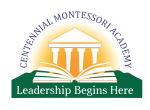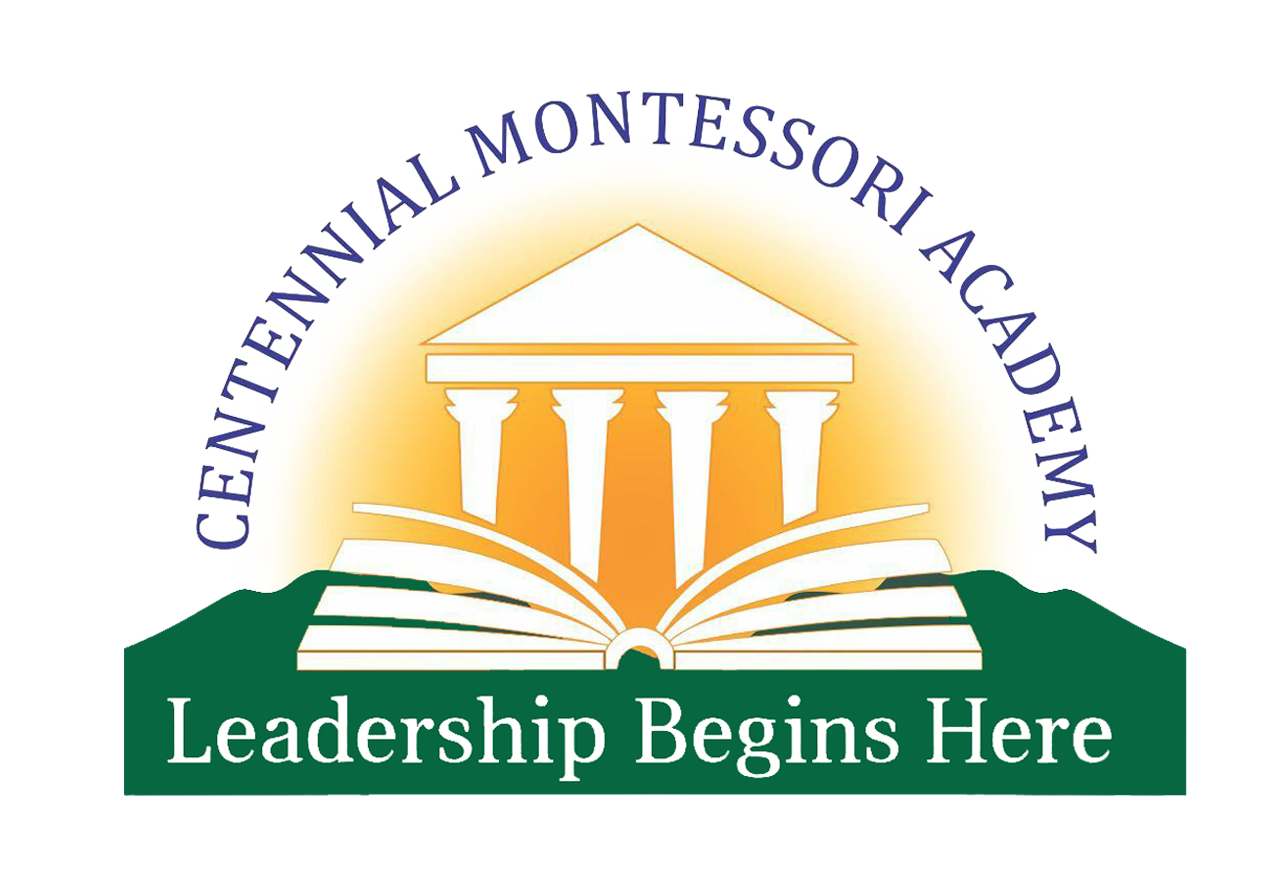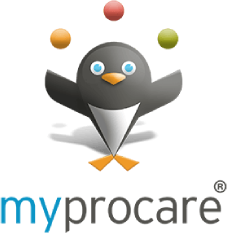Who Was Dr. Maria Montessori?

She was the first Italian female physician and an educator, Dr. Maria Montessori became world renowned for her philosophy of education and her scientific pedagogy. She documented that children working independently could reach new levels of autonomy and become self-motivated. Dr. Montessori believed that respecting all children as individuals and treating them as such would yield enhanced learning and fulfilled potential in every child. Derived from Montessori’s observations, the children were granted the liberty to choose and use materials, uninterrupted work cycles, and freedom of movement within limits. “Education is a natural process carried out by the human individual, and is acquired not by listening to words, but by experiences in the environment.” She began to see independence as the aim of education.
Montessori Curriculum Areas
There are five major areas of curriculum in a Montessori environment that were discovered through Dr. Maria Montessori’s scientific observation of the natural tendencies’ children have towards learning. The curriculum areas are universal except for the Practical Life area, which is influenced by culture; for example, using a fork in Canada to eat food is different to the use chopsticks in Japan. The four main areas of the Montessori curriculum are, Practical Life or Everyday Living Skills, Sensorial or learning through the senses, Language and Mathematics. The fifth curriculum area is Culture. The Montessori culture area includes Geography, Science, Music, Art, and Yoga.



